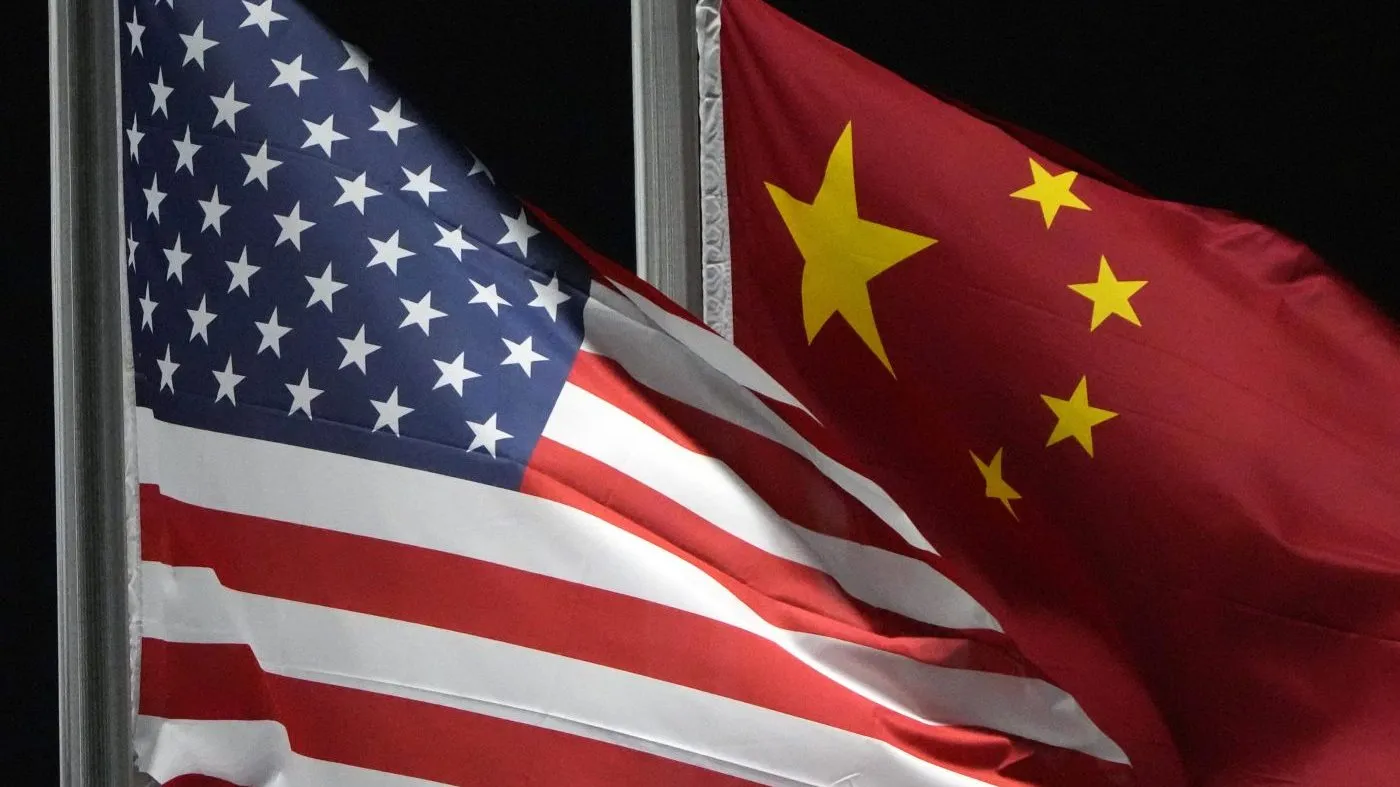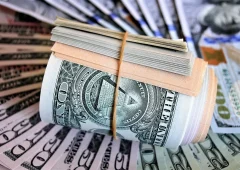China and U.S. Plan Trade Truce Extension Before Talks: How It Can Affect Bitcoin
28.07.2025 8:11 2 min. read Kosta Gushterov
The United States and China are expected to extend their trade truce by 90 days. The extension would delay new tariffs and create space for fresh negotiations in Stockholm.
Sources told South China Morning Post that both sides want to reduce volatility before the next high-level talks.
Previous meetings in Geneva and London failed to deliver breakthroughs, but a longer pause signals rising urgency. This temporary relief comes as both countries face political and economic challenges—and want to avoid headlines that might shake markets.
Fentanyl Dispute Joins Trade Agenda
The focus isn’t limited to tariffs this time. China plans to dispute U.S. sanctions on chemicals tied to fentanyl production. Washington has blamed China for fueling America’s opioid crisis, while Beijing insists the issue needs joint enforcement—not penalties.
Any agreement would ease pressure on global trade. Over $700 billion in goods remain impacted by duties. A new freeze could steady supply chains, even if deeper conflicts over IP theft and digital trade stay unresolved.
Crypto Reaction: Bitcoin Eyes a Calm Window
Bitcoin often reacts to geopolitical uncertainty. When tension rises, investors shift to risk-off behavior. With a truce likely, Bitcoin could benefit from improved market sentiment in the short term. A more predictable trade outlook may encourage institutional flows into digital assets—especially as Ethereum spot ETFs also gain attention.
Still, traders should watch closely. If talks collapse or headlines turn hawkish, Bitcoin could retrace fast. For now, though, the pause provides a window for bullish momentum to continue building.
-
1
Standard Chartered Becomes First Global Bank to Launch Bitcoin and Ethereum Spot Trading
15.07.2025 11:00 1 min. read -
2
What’s The Real Reason Behind Bitcoin’s Surge? Analyst Company Explains
12.07.2025 12:00 2 min. read -
3
Bitcoin Reaches New All-Time High Above $116,000
11.07.2025 7:56 1 min. read -
4
Canadian Bank Sees Bitcoin Hitting $155,000 by 2025
15.07.2025 10:00 1 min. read -
5
Peter Schiff Warns of Dollar Collapse, Questions Bitcoin Scarcity Model
12.07.2025 20:00 1 min. read
Metaplanet Adds $92.5M in Bitcoin, Surpasses 17,000 BTC Holdings
Metaplanet Inc., a Tokyo-listed company, has just added 780 more Bitcoin to its treasury. The purchase, announced on July 28, cost around ¥13.666 billion or $92.5 million, with an average price of $118,622 per BTC.
Michael Saylor’s STRC IPO Tops U.S. Charts with $2.5B Raise
Michael Saylor, the high-profile Bitcoin advocate and executive chairman of MicroStrategy, has made headlines again—this time with the largest initial public offering (IPO) of 2025.
Ethereum Spot ETFs Dwarf Bitcoin with $1.85B Inflows: Utility Season in Full Swing
Ethereum is rapidly emerging as the institutional favorite, with new ETF inflow data suggesting a seismic shift in investor focus away from Bitcoin.
Ripple CTO Addresses Early XRP Ledger Block Loss: ‘Not Intentional’
Ripple’s chief technology officer, David Schwartz, has addressed renewed controversy in the XRP community over the loss of approximately 32,000 blocks from the early days of the XRP Ledger.
-
1
Standard Chartered Becomes First Global Bank to Launch Bitcoin and Ethereum Spot Trading
15.07.2025 11:00 1 min. read -
2
What’s The Real Reason Behind Bitcoin’s Surge? Analyst Company Explains
12.07.2025 12:00 2 min. read -
3
Bitcoin Reaches New All-Time High Above $116,000
11.07.2025 7:56 1 min. read -
4
Canadian Bank Sees Bitcoin Hitting $155,000 by 2025
15.07.2025 10:00 1 min. read -
5
Peter Schiff Warns of Dollar Collapse, Questions Bitcoin Scarcity Model
12.07.2025 20:00 1 min. read


